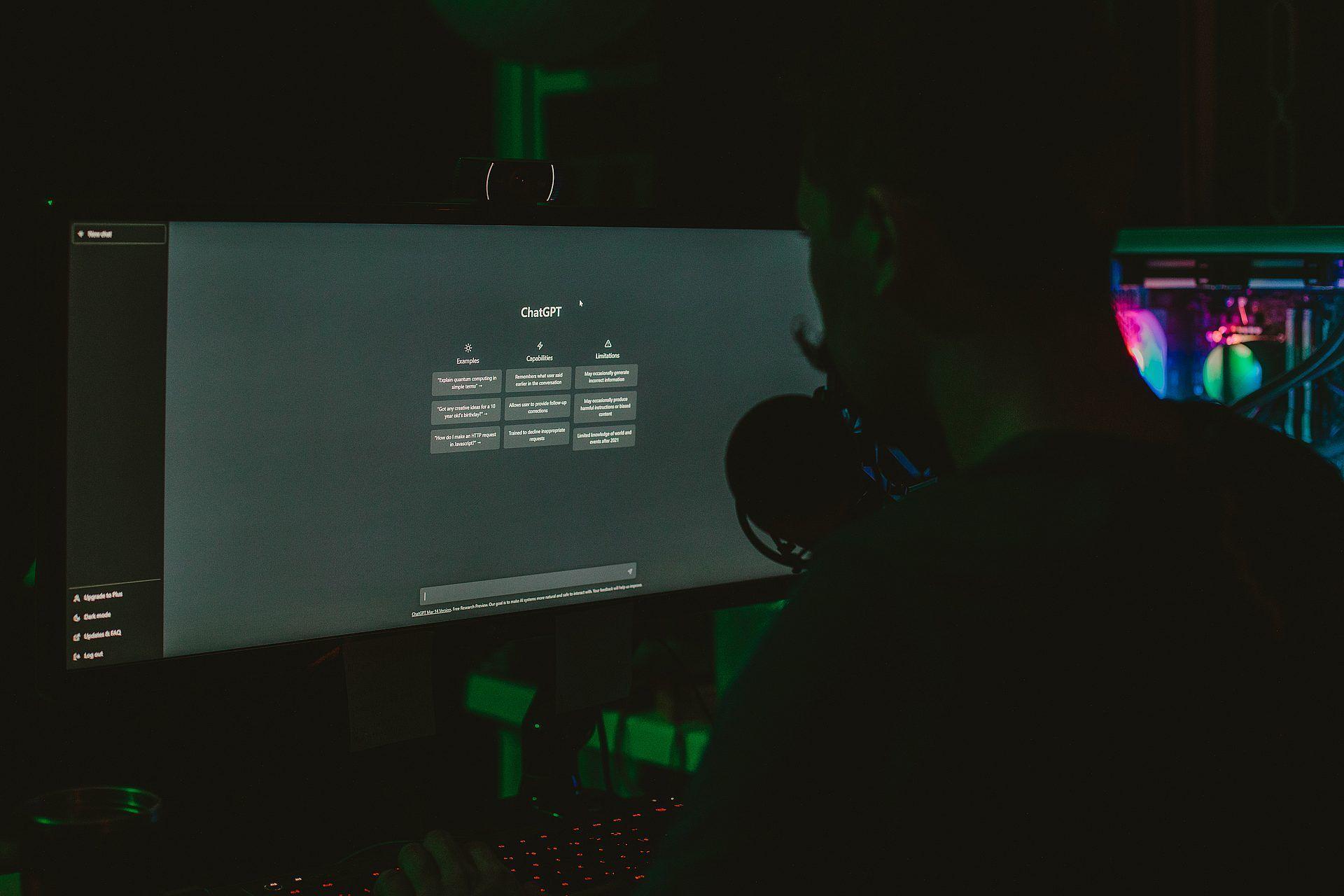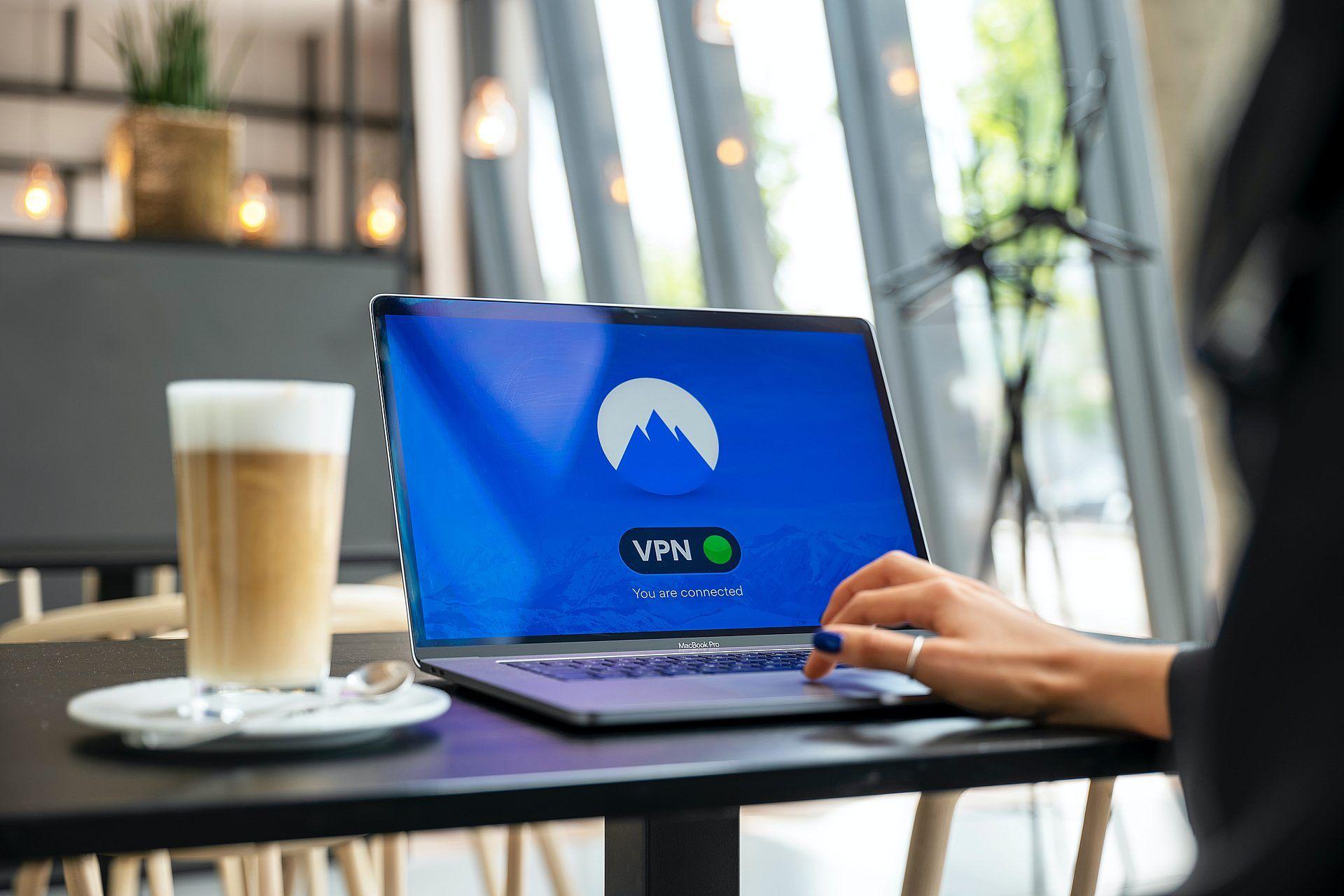Welcome to a journey where every keystroke matters as we unravel how to say goodbye to slow ChatGPT and meet fast ChatGPT.
Imagine you’re in the midst of a stimulating conversation with ChatGPT, seeking answers, brainstorming ideas, or simply enjoying a delightful chat. Everything’s going smoothly until…silence. You wait, wondering if your message got lost in the digital ether. Frustration sets in as seconds turn into minutes. This isn’t how you envisioned your interaction with ChatGPT. But fear not, for in this article, we’ll unveil the secrets to turbocharging ChatGPT and ensuring that your conversations remain swift and engaging. When ChatGPT slows down, here’s how to keep the dialogue flowing seamlessly.

When ChatGPT slows down, it can be frustrating for users who expect quick responses.
ChatGPT slowly working: How to make ChatGPT faster again
When we take into account how this AI chatbot integrates our lives, especially in business, a slow ChatGPT can cause big trouble. ChatGPT has revolutionized the way we interact with AI, offering the ability to engage in meaningful conversations with a powerful language model. However, ensuring swift and efficient responses from ChatGPT can be essential, particularly when time is of the essence. Here are your options to make ChatGPT faster:
- Check the ChatGPT server status
- Ensure a fast and stable Internet connection
- Use a more powerful device
- Upgrade to ChatGPT Plus
- Clear your browser cache
- Disable your VPN
- Explore different OpenAI APIs
- Avoid peak usage times
- Simplify your queries
- Provide clear inputs
- Avoid complicated questions or tasks
- Be patient during peak load times
- Use a ChatGPT alternative
ChatGPT’s incredible capabilities can sometimes be hindered when ChatGPT slows down unexpectedly. But a fast ChatGPT is not a mission impossible, and here are your instructions.
Check the ChatGPT server status
Before diving into troubleshooting, it’s wise to check the ChatGPT server status. If ChatGPT is unavailable due to server issues, there’s little you can do until OpenAI resolves the problem. Tools like Downdetector can help you monitor service availability.

A slow ChatGPT response time may be due to server congestion. During peak usage hours, you’re more likely to encounter ChatGPT slow downs due to increased server load. Understanding the reasons behind ChatGPT slowness can help users troubleshoot and get a fast ChatGPT.
Ensure a fast and stable Internet connection
A reliable and high-speed internet connection is the backbone of seamless ChatGPT interactions. Slow or unstable connections can lead to response delays. To optimize your internet connection:
- Connect to a high-speed Wi-Fi network when possible.
- Position yourself closer to the Wi-Fi router for a stronger signal.
- Reduce device interference on the network.
- If Wi-Fi isn’t sufficient, consider using an Ethernet cable for a direct and stable connection.
ChatGPT slow responses can be exacerbated by a poor internet connection.
Use a more powerful device
Your device’s performance can significantly impact ChatGPT’s response time. If you’re using an older or less powerful device, it may struggle to process language models efficiently. Consider upgrading to a device with better processing power and memory capacity to enhance ChatGPT’s performance.
Disable browser extensions
Some browser extensions can affect ChatGPT’s performance. Here’s how to disable them:
- Open your browser.
- Click on the “three dots” menu in the top right corner.
- Select “Extensions.”
- Toggle the switch to disable all extensions.
- Now, try using ChatGPT again.
Upgrade to ChatGPT Plus
One of the most effective ways to obtain faster responses from ChatGPT is by subscribing to ChatGPT Plus. This premium service provides priority access, reducing wait times and ensuring quicker responses. It is the most guaranteed way of making ChatGPT faster.
We are piloting ChatGPT Plus, a subscription plan that offers faster response times and reliability during peak hours. And of course, the free tier of ChatGPT is still available. https://t.co/2hEBw6h5Se
— OpenAI (@OpenAI) February 1, 2023
Upgrading to ChatGPT Plus can alleviate issues related to ChatGPT slowness. ChatGPT Plus enhances performance and elevates the overall user experience. Is ChatGPT Plus worth it? Vşsşt the related article and explore now!
Clear your browser cache
How to make ChatGPT faster? Browser cache stores temporary data to improve website loading speed, but an overloaded cache can slow down web applications like ChatGPT. Clearing your browser cache periodically can help resolve caching-related issues and improve response times.
Clearing your browser cache might make your ChatGPT faster.
Disable your VPN
While VPNs provide privacy and security benefits, they can introduce latency when interacting with online services like ChatGPT. Temporarily disabling your VPN while using ChatGPT may result in improved response speed.

Explore different OpenAI APIs
If you’re facing issues with ChatGPT, consider exploring other OpenAI APIs, as they might have more lenient rate limits and better performance.
Avoid peak usage times
Users may wonder, “Why is ChatGPT slow today?” during periods of sluggish response times. To ensure a smoother experience, use ChatGPT during off-peak hours. Peak usage times can lead to increased server load and slightly longer response times.
Simplify your queries
Craft clear and concise queries to expedite ChatGPT responses. Complex or convoluted questions may require more processing time. Break down your inquiries into smaller, straightforward questions to receive faster and more accurate answers.

Provide clear inputs
How to make ChatGPT faster? To facilitate faster and more accurate responses, offer clear instructions and inputs to ChatGPT. Avoid ambiguity and be explicit in your requests. Clarity in your questions helps ChatGPT generate relevant and prompt responses. For example, avoid using:
Write an essay about AI
Try typing a prompt like this instead:
Formally write a 500-word essay about AI, focusing on its effects on business
What is AI prompt engineering? To learn more, check out the linked article.
Avoid complicated questions or tasks
While ChatGPT is capable, complex questions or tasks may require additional processing time. To obtain faster responses, simplify your inquiries or break down complex questions into simpler parts. This approach can improve response speed and accuracy.
Be patient during peak load times
Understand that ChatGPT serves a vast user base, and during peak usage times, server load may increase, leading to slightly longer response times. Patience is key during such periods. Consider using ChatGPT during off-peak hours for potentially faster responses.
What do the mean ChatGPT is at capacity right now!?! pic.twitter.com/gsw6oD0Aks
— 100k Aint No Money (@100kAintNoMoney) January 11, 2023
How to make ChatGPT faster? Patience is essential when dealing with ChatGPT’s occasional slowness.
Use a ChatGPT alternative
When ChatGPT slows down, users might be tempted to explore alternative AI models.
| ChatGPT alternatives | Description |
| Jasper Chat | A new chatbot with content production features and other services |
| ChatGPT | OpenAI’s popular AI chatbot |
| Bing AI | An AI search engine that offers a chatbot |
| Replika | The AI companion who “cares” |
| Snapchat My AI | Snapchat’s AI-powered chatbot |
| Chatsonic AI | A ChatGPT alternative |
| Google Bard AI | Google’s new chatbot |
| Perplexity AI | Real-time data integrated ChatGPT-like chatbot |
| YouChat | A chatbot integrated into an AI search engine |
| Caktus AI | Education focused chatbot |
| Chai | It allows consumers to communicate with AIs just like they would with real people |
In conclusion, ChatGPT is a powerful tool for engaging conversations and assistance, and by following these strategies, you can make ChatGPT faster. Whether you’re a casual user or rely on ChatGPT for more critical tasks, by following these strategies, you can overcome ChatGPT slow response times and enjoy seamless interactions with a fast ChatGPT.
Why do we need a fast ChatGPT?
When ChatGPT operates slowly, it can have several significant consequences, impacting user experience and productivity. Here are some of the outcomes you might encounter:
- Frustration: Slow responses can lead to frustration, as users may have to wait longer than expected for answers or assistance. This frustration can be particularly pronounced when users seek quick solutions or engage in time-sensitive conversations.
- Reduced productivity: Slow response times can hinder productivity, especially in professional or work-related contexts. Users may spend more time waiting for information, which can slow down tasks and projects.
- Loss of engagement: Slow interactions can result in a loss of user engagement. Users may become disinterested or disengaged from the conversation if they have to wait too long between responses, potentially leading to incomplete conversations or abandoned tasks.
- Inaccurate or incomplete responses: ChatGPT’s responses might be less accurate or complete if it’s operating slowly. In some cases, the model may cut off responses prematurely, providing less useful information.
- Missed opportunities: Slow responses can lead to missed opportunities, particularly in customer support or sales scenarios. Users might move on to other sources or solutions if they don’t receive timely assistance, potentially causing businesses to lose customers or opportunities.

- Impact on real-time applications: In real-time applications like chatbots for customer support, slow response times can harm the quality of service. Customers may have to endure delays when seeking help or information, leading to a less satisfying customer experience.
- User abandonment: Slow performance may cause users to abandon their interactions with ChatGPT altogether. Users seeking quick answers or solutions may choose alternative methods or platforms if ChatGPT cannot provide timely responses.
- Resource intensiveness: Slow operation can place a higher load on the server infrastructure, which may also affect the availability and performance of ChatGPT for other users.
- Negative perception: Slow responses can create a negative perception of ChatGPT and the service it provides. Users may view it as unreliable or inefficient, which can impact their willingness to use it in the future.
- Reduced efficiency: In professional settings where ChatGPT is used for research or data analysis, slow responses can reduce efficiency and slow down decision-making processes.
To mitigate these issues, it’s essential to follow the tips mentioned in the article on how to make ChatGPT faster. A responsive and fast ChatGPT ensures a smoother user experience, higher engagement, and better outcomes in various applications.
Featured image credit: Choong Deng Xiang/Unsplash






